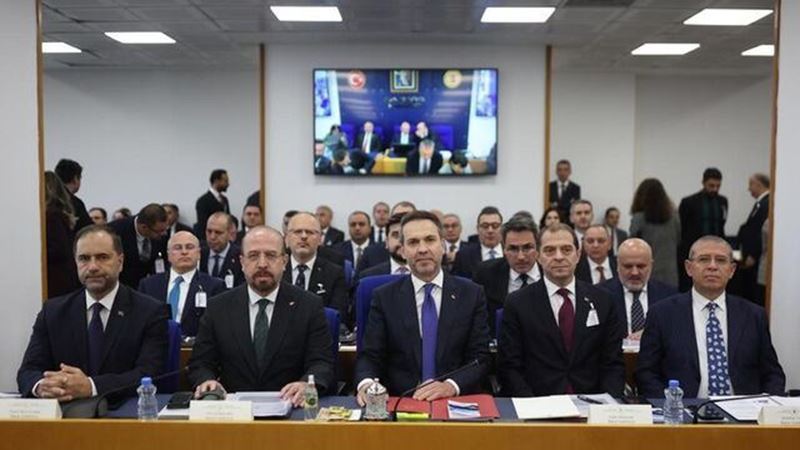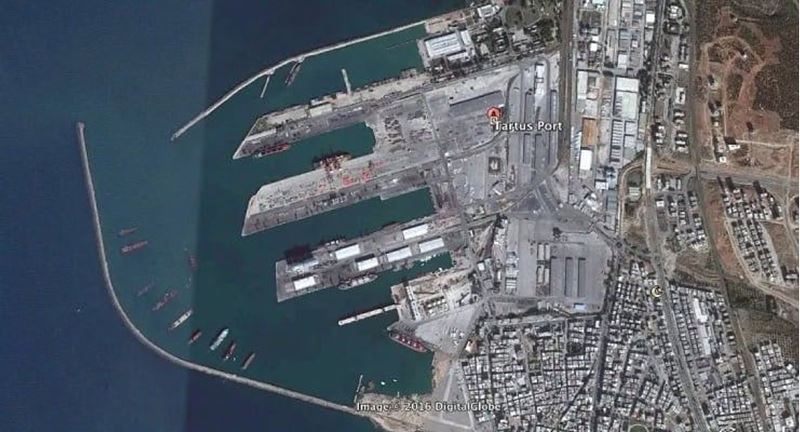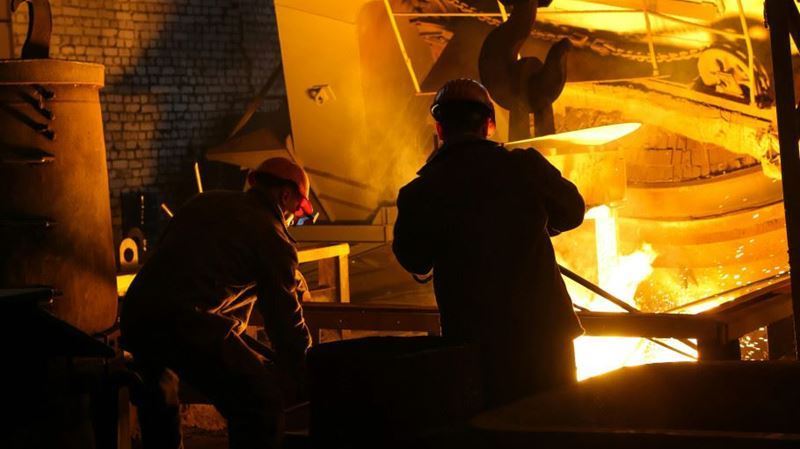“Türkiye is not a mining field in its entirety”
Minister of Energy and Natural Resources Alparslan Bayraktar emphasized that the criticism claiming “the entire territory of Türkiye has been turned into a mining field” does not reflect reality. He noted that around 97,000 licenses have been revoked, only 8,000 remain active, and the total excavation area corresponds to just one-thousandth of Türkiye’s land area (783 square kilometers).
Bayraktar stated that Türkiye is still a net importer in mining, yet remains among the world’s seven richest countries in terms of mineral potential.
Explaining that new regulations have made mining investments more attractive, the Minister said: “With gold prices exceeding 4,000 dollars, we increased the state royalty rate to 25%. Gold mine operators in Türkiye will now be required to give 31.25% of their produced gold to the state. This is a highly significant measure in terms of employment and tax revenues.”
Energy investments will continue at full speed
Emphasizing that energy is a shared issue for all 86 million citizens, Bayraktar stated that the sector provides employment for nearly 2 million people. He noted that electricity reaches 32 million households and natural gas reaches 22 million households across Türkiye. To ensure energy supply security, state-owned enterprises plan to invest 200 billion Turkish lira annually between 2026 and 2030.
Bayraktar underlined that domestic and renewable energy investments will continue to expand in line with energy independence and climate goals, saying: “Thanks to solar and wind energy this year, we substituted 11 billion dollars’ worth of natural gas imports. Every year, we need to launch new solar and wind projects totaling between 8,000 and 10,000 megawatts.”
He announced that Türkiye will add more than 8,500 megawatts of new installed capacity this year. Over the next decade, the country plans 80 billion dollars in renewable energy investments, along with an additional 30 billion dollars for transmission and distribution networks.
“Subsidies should be restructured based on income levels”
Bayraktar stated that the energy subsidy system should be made fairer: “It is not right for the government to subsidize the electricity and natural gas bills of high-income citizens. These supports should be directed toward low- and fixed-income households.”
He noted that the Ministry of Family and Social Services is working on an income-based system to ensure that the approximately 20 billion dollars in annual energy subsidies are distributed more effectively.
Nuclear energy and LNG initiatives
Highlighting the critical role of nuclear energy in achieving climate targets, Bayraktar said: “No developed country has abandoned nuclear energy. Even in the heart of Europe, in Paris, reactors are operating. We also aim to produce nuclear energy safely in Türkiye.”
On liquefied natural gas (LNG), Bayraktar said investments are continuing, with Türkiye increasing its regasification capacity fivefold—from 32 million cubic meters to 161 million cubic meters. He added that LNG imported from the United States is the second-cheapest source after Turkmen gas.
“Türkiye will rank among the top 5 in rare earth elements”
Bayraktar also reported significant progress in the field of rare earth elements, revealing a reserve of 694 million tons in Beylikova. He stated that Türkiye aims to rank among the world’s top five countries in this area.
Denying allegations that these elements were sold to the United States, Bayraktar said: “There has been no sale of rare earth elements. Should such a development occur, we will share it with the public.”
Ongoing drilling operations in the Black Sea
Bayraktar stated that Türkiye currently operates six deepwater drilling ships and two seismic research vessels, most of which are actively working in the Black Sea.
“We acquired all six of these vessels for the price of a single ship,” he said, announcing the goal of producing 45 million cubic meters of natural gas per day from the Black Sea by 2028. He also reported that six new exploration wells will be drilled in the Eastern, Central, and Western Black Sea regions in 2026.
Energy institutions’ budgets approved
During the meeting, the 2026 budgets of the Ministry of Energy and Natural Resources, along with those of the Energy Market Regulatory Authority (EPDK), Nuclear Regulatory Authority (NDK), General Directorate of Mineral Research and Exploration (MTA), General Directorate of Mining and Petroleum Affairs (MAPEG), and the Turkish Energy, Nuclear and Mineral Research Agency (TENMAK), were approved by the Grand National Assembly of Türkiye’s Planning and Budget Committee.










Comments
No comment yet.